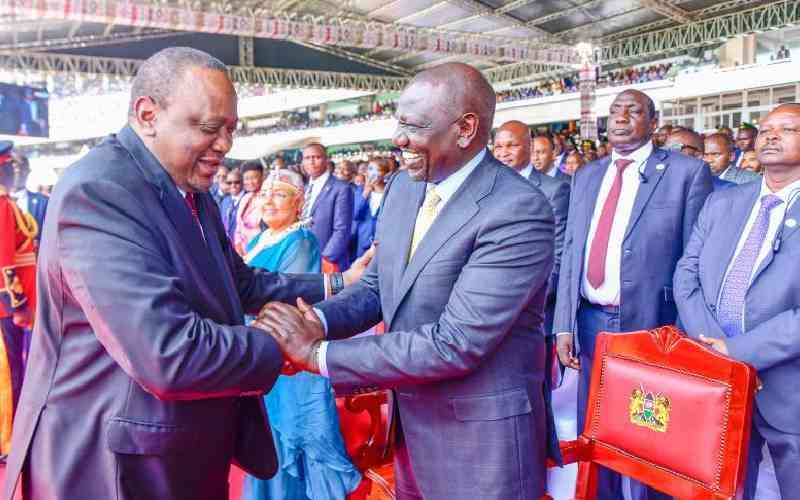×
The Standard e-Paper
Join Thousands Daily

President William Ruto's moves to push for the election of Azimio leader Raila Odinga as the African Union Commission chairman has thrown the opposition into disarray and is likely to create a wedge between the opposition leader and former President Uhuru Kenyatta.
After condemning Uhuru to the political cold after beating the coalition which he feverishly supported, President Ruto is politically giving the former head of state a lethal blow by taking away Raila from his political armpit.